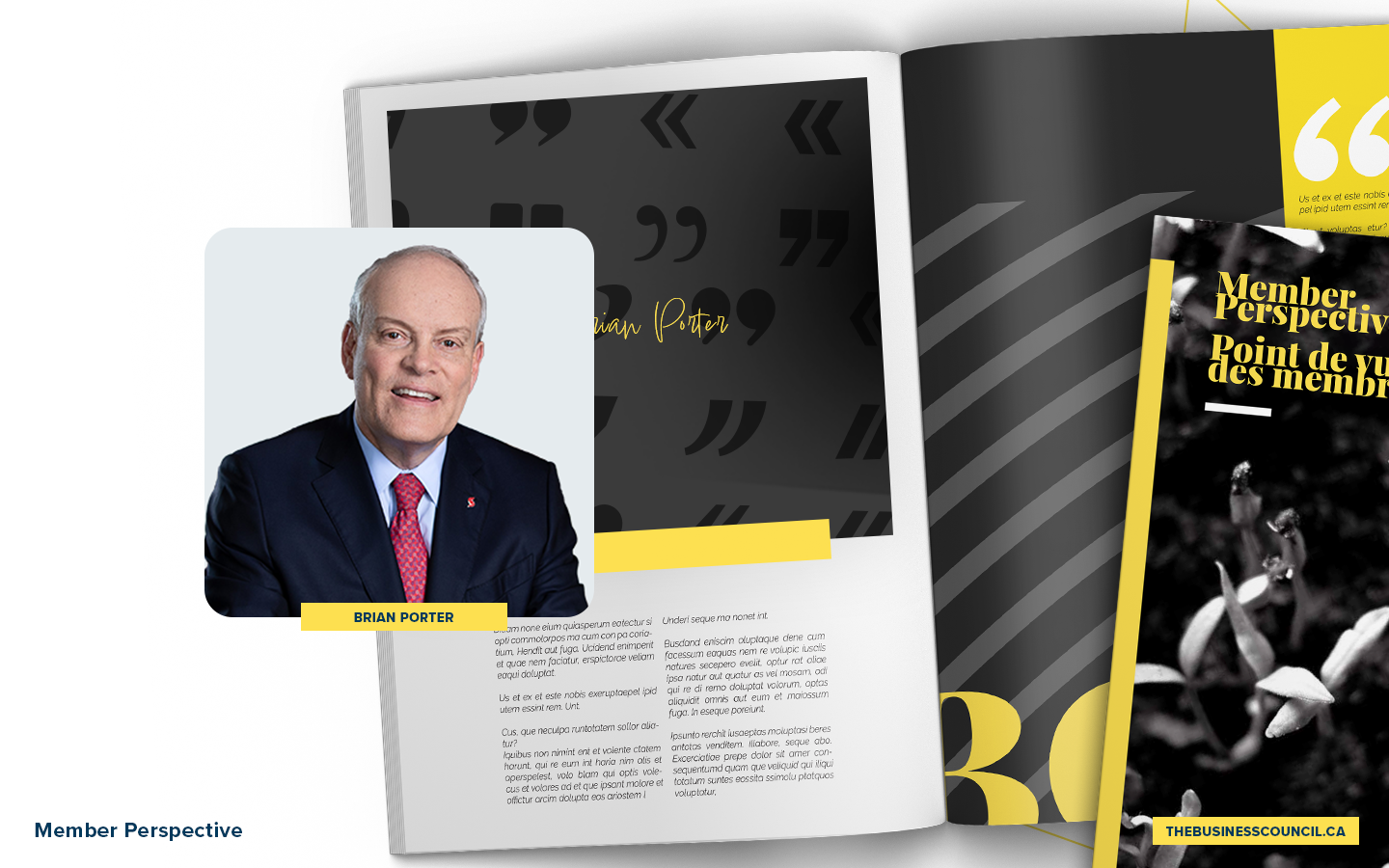Reflections on challenges and opportunities to achieving net zero
As published by Brian Porter on LinkedIn
As Scotiabankers, we believe climate change is a critically important issue, impacting all people in all countries around the world. It is also an issue that we have and will continue to help combat.
Important conversations are being had about how the global goal of a net-zero economy by 2050 can avoid the worst impacts of climate change. I’m proud of our Bank’s progress to decarbonize towards net-zero for our own operations, while also being united in supporting the goal for the global economy. The most recent example of Scotiabank’s commitment to this cause is our announcement of a Net Zero Research Fund, that will to help to form partnerships with a number of leading think tanks and academic institutions, that are supporting key sectors in their efforts to decarbonize.
The Bank has also established an ambitious set of Scotiabank Climate Commitments, which represent our comprehensive strategy to address climate risks and opportunities for our customers, shareholders, employees, and our operations. Among these commitments, we have pledged to mobilize $100 billion by 2025 to reduce the impacts of climate change, and we are over a quarter towards our goal with over $28 billion mobilized. Our Sustainable Finance Group within our Global Banking and Markets business is a best-in-class team of experts who work with our public and private sector clients to advance climate transition and promote sustainable economic growth. Climate change considerations are also integrated into credit applications and industry reviews, and we continue to aggressively reduce our Bank’s operational footprint through the procurement of emission free and renewable electricity.
Getting to the global goal of net zero will not be easy. Nearly every commercial, industrial, and human activity is associated with greenhouse gas emissions. Achieving our goal will take a meaningful commitment and action, which is why I have challenged our Bank’s senior leadership team to assess and act on the pathways available to be net zero by 2050, which must include concrete plans, interim targets, timelines and transparent reporting.
While this goal is inherently complex, it is not impossible. As a Leading Bank in the Americas, we will continue to do our part to reduce the impacts of climate change and in the process build a stronger, more resilient economy for all.









